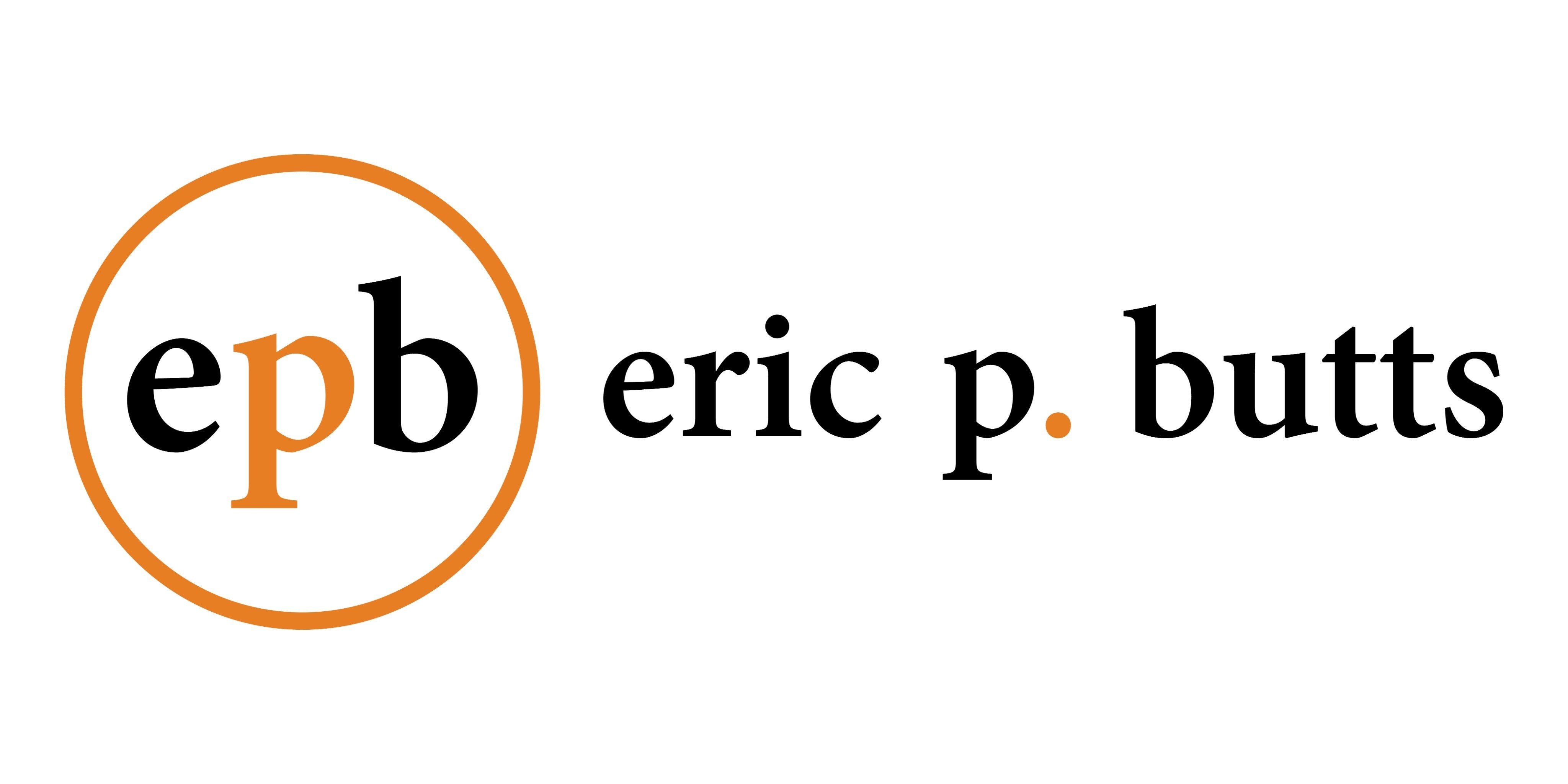3 reasons average students become great accountants
Do you believe an average student can become a good accountant?
That was all the message I received this morning said. No context, no nothing. I ignored it at first and then considered writing an equally short response of “it depends,” but thought there are probably other people questioning if they can go from “average” student to rockstar accountant.
Part of the problem with the no context message is I have no clue how this person defines average. If average means you excel at some subjects (e.g. accounting) and not so much at others (e.g. history) then of course this type of person can become a great accountant. Most people fall into this category by definition.
Not the top accounting student in your class? You can still have a great accounting career. That being said, there’s some nuance you need to consider.
1. All accounting careers do not require the same skills
One of the many myths still haunting the accounting industry is that all accounting careers require the same level of technical expertise. Not so. For example, if you want to have a career that involves preparing filings for the SEC at a multi-national corporation, a lot of those folks start at a big 4 accounting firm in audit and technical accounting skills.
On the other hand, if you want to become a financial consultant, you still need a strong understanding of accounting and finance principles, but your people skills and ability to structure problems from a plethora of observed facts and client interviews becomes top priority.
2. People learn differently in the “real world” than they do in academics
People’s brains develop and work differently – I know from first-hand experience. While I scored in the 1200 range on the SAT, a few years later I passed the CPA exam on the first try and scored in the 93rd percentile on the GMAT.
So what changed?
I don’t know how to describe it exactly, but something clicked for me. Maybe my brain finally matured or maybe it was the experience of entering the workforce but somehow I better understood how to prepare for standardized tests.
Another thing worth noting here is the importance of learning styles. In today’s workforce, people most often get training by doing the job, a hands-on baptism by fire. If you make it, great. If not, you probably weren’t the right fit for the job. For those who learn better by doing a task than by listening to someone lecture from a textbook, you may find success in the workforce you didn’t experience in your college years.
3. Passing the CPA exam is a game-changer for aspiring accountants
You want to have instant credibility in the accounting world? Go pass the CPA exam. It makes up for most, if not all, of your past academic shortcomings and transgressions.
Not only does it show would-be employers you have what it takes to blaze a trail in the accounting profession, but it gives you confidence you’re intellectually prepared to mix it up with those who may have blossomed earlier academically than you did.
The key to all of this is you can’t be afraid of being an underdog. Too often accountants and others fall victim to “analysis paralysis” – so caught up thinking about all of the bad things that could happen that they don’t do anything at all. They’d rather sit idly than risk failing at bettering themselves. To quote legendary hockey player, Wayne Gretzky, “you miss 100% of the shots you don’t take.” It’s no coincidence people refer to him simply as the great one.
